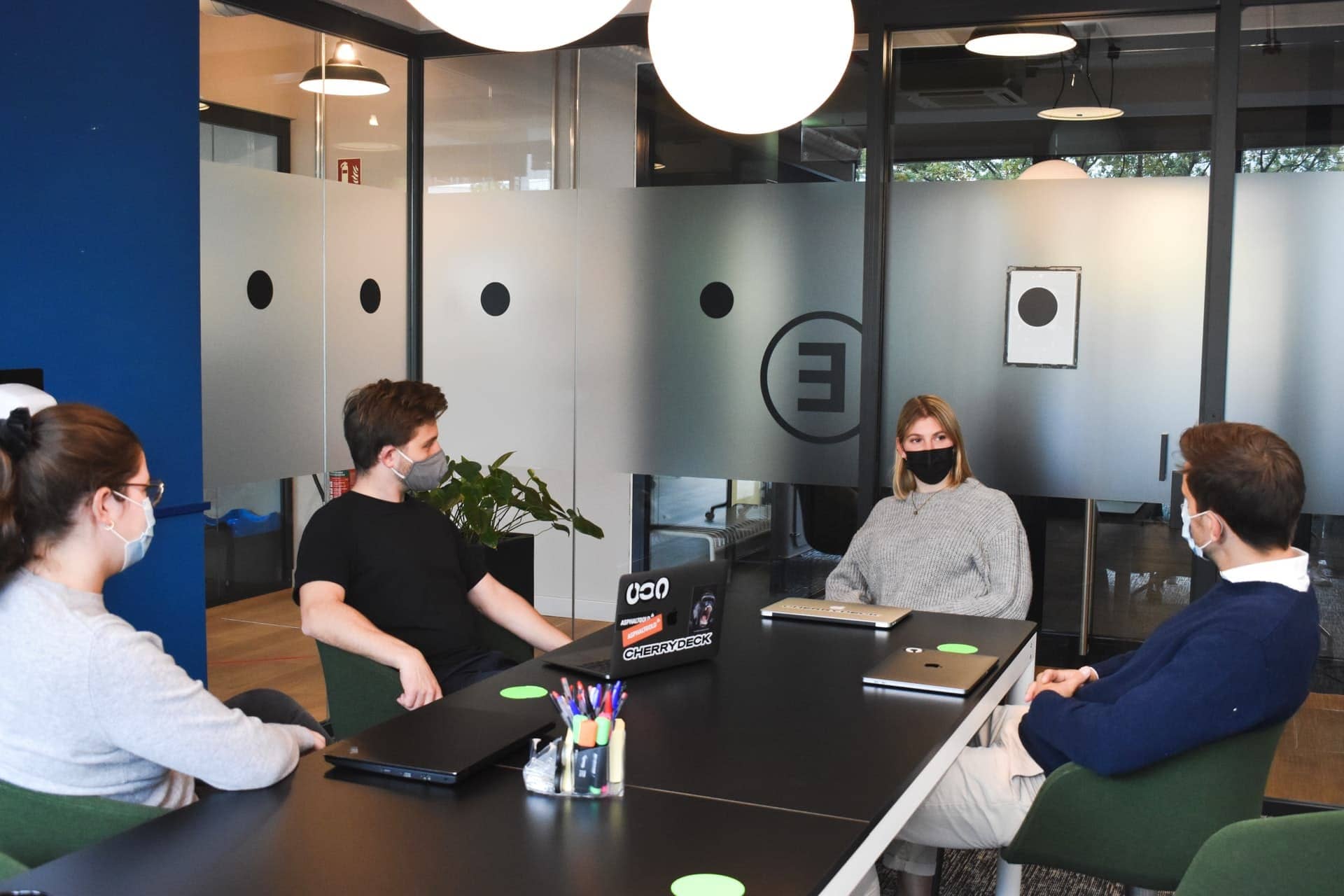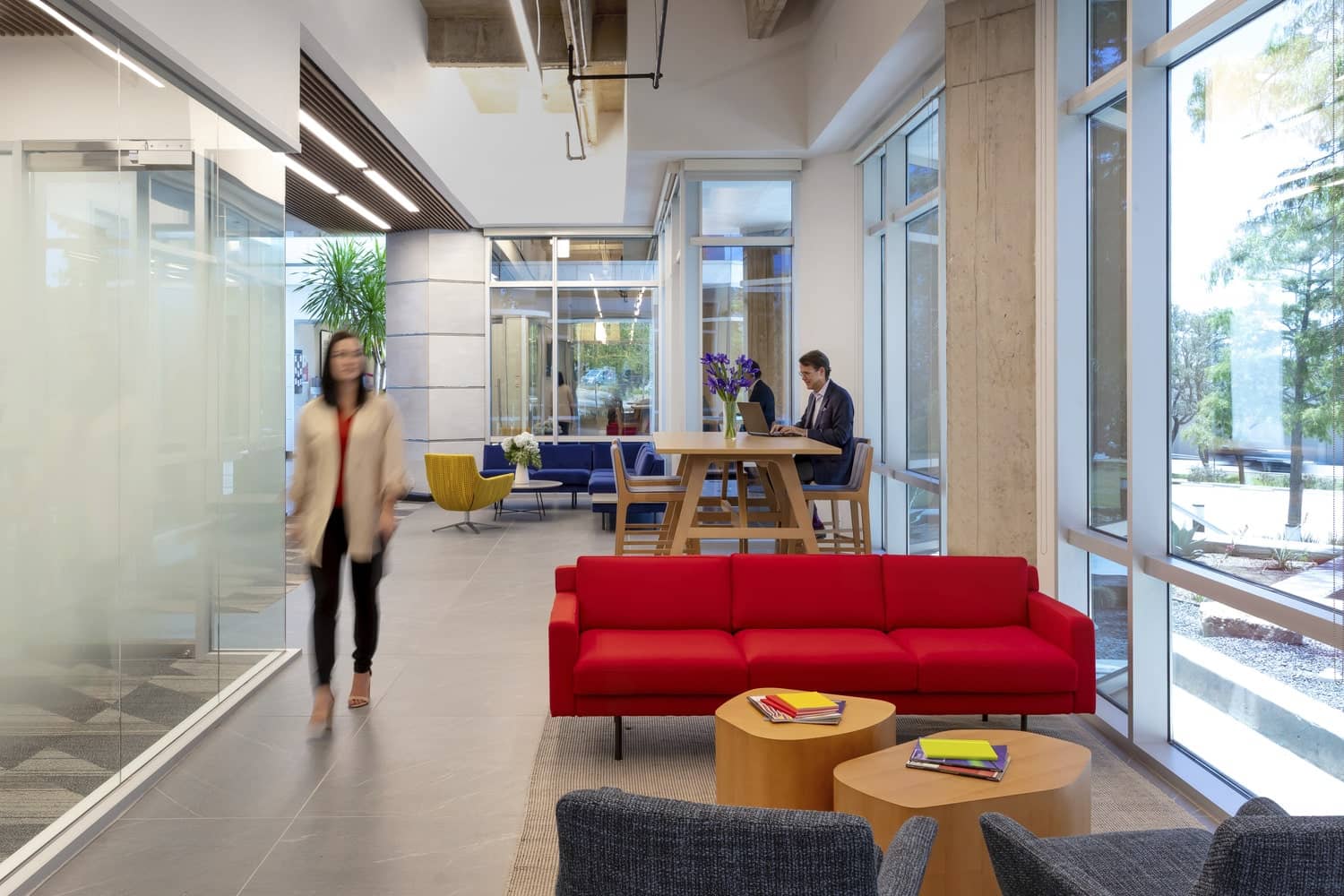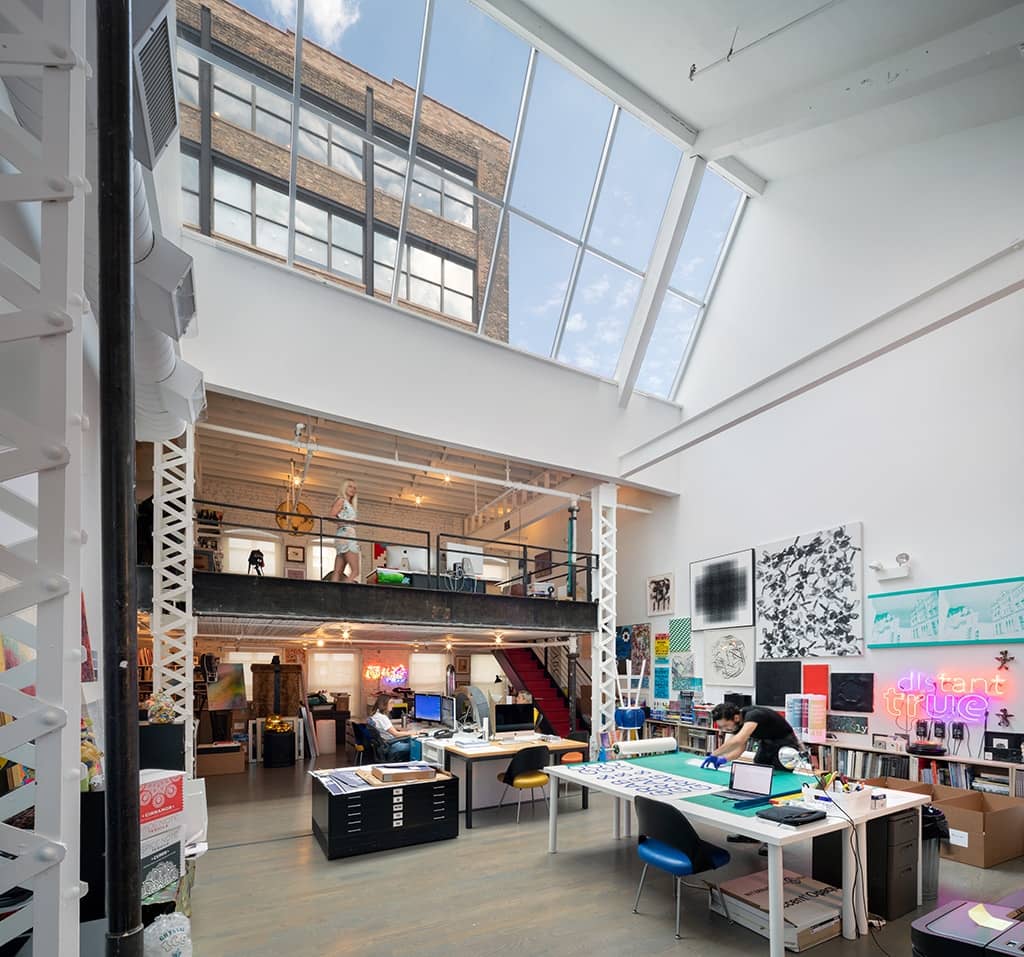
It’s a new world out there, and that means it’s also a new world for commercial real estate.
The new role of the CDC
The Centers for Disease Control and Prevention — the CDC — has always been a leading resource for commercial real estate owners and tenants. Moving forward, the CDC will gain importance for three reasons.
First, according to Real Capital Analytics, 16 of the world’s 30 largest commercial markets are in the US based on the number of acquisitions. The result is that commercial projects worldwide will be built and operated with an eye toward US standards.
Second, the CDC issued a nationwide rental eviction moratorium. The moratorium did not come from HUD or a traditional housing agency, it came instead from the CDC who worried that an increase in homelessness and overcrowded housing conditions could further spread the virus.
Third, commercial owners and tenants will continue their coordination with federal, state, and local health officials to assure that everyone has timely and accurate information.
New Building Policies
While the commercial marketplace is evolving, not all parts of it need to change. For instance, many leading projects already have state-of-the-art environmental systems. The need is not to change those systems, it is instead to enhance the systems in older structures.
There’s no question that commercial property centers are now returning, but as projects re-open it’s also plain that new standards are in place.
The reason for new standards and continuing cautions is that current vaccines — unlike the polio or measles vaccines — offer less than 97% protection. Also, some portion of the population will elect not to be vaccinated. The result is that without new standards we could see a COVID-19 resurgence, especially as variants develop.
New Procedures In Response To COVID-19
In the brief space we have here it’s not possible to outline all of the new policies and practices that will evolve from the pandemic. However, there are 10 significant items that stand out and give some sense of where the workplace is heading.
First, the flexible workplace will be more common
Microsoft surveyed its worldwide workforce and found that “employees want the best of both worlds: 73 percent of workers surveyed want flexible remote work options to continue, while at the same time, 67 percent are craving more in-person time with their teams. To prepare, 66 percent of business decision makers are considering redesigning physical spaces to better accommodate hybrid work environments. The data is clear. Greater flexibility and hybrid work will define the post-pandemic workplace.”
Second, staff training will be expanded.
Going forward, says the CDC, it will be necessary to “encourage employees to follow any new policies or procedures related to illness, cleaning and disinfecting, and work meetings and travel.” There will be a new emphasis on proper handwashing and employees will be encouraged to wear masks when appropriate, including away from work, protections that are unlikely to quickly go away.
Third, commuting will emphasize health safety.
Many workers will return to commercial properties as the pandemic threat declines. As an example, CNBC reports that “Google is accelerating reopening plans in some parts of the U.S. on a volunteer basis ahead of the Sept. 1 return deadline.” After September 1st, most employees will be limited to 14 days a year of work from home.
In the post-COVID environment many firms will adopt flex schedules where employees work several days a week at the office and several from home. Whatever the case, employers will want to recommend safe commuting procedures, especially for employees who use public transportation.
Fourth, sick leave standards will evolve.
The CDC recommends that employers “identify a workplace coordinator who will be responsible for COVID-19 issues and their impact at the workplace.” Beyond that, the CDC emphasizes that sick leave policies should be flexible and non-punitive. Importantly, it says “employers should not require a COVID-19 test result or a healthcare provider’s note for employees who are sick to validate their illness, qualify for sick leave, or to return to work.”
Fifth, strong safety protocols are important to employees.
A new study by Prudential shows that 73% of remote workers say the more time their employer gives them to understand their company’s return to office plan, the more comfortable the return to office will be.
What do employees want? According to Prudential, the big three are they/their co-workers are vaccinated (55%), work-site safety/cleaning policies and procedures (44%) and improved population trends, such as the number of cases (37%).
Sixth, many organizations will re-open in stages.
Greg Montana, chief risk officer at FIS, a global financial services company with 57,000 employees, writes in Fortune that “it’s important to reopen in phases; for example, you can slowly move 10% to 15% of people back into the office at a time. This way, it’s easier to pause or reverse if the situation changes again.”
Seventh, new office standards will remain in place long after the pandemic subsides.
We will all have to adapt to a new set of business and social expectations. While not every new protocol will be used in every setting, many will.
- Flexible work schedules.
- Staggered shifts to increase facility usage.
- One-way entrances and exits.
- Floor plan reorganization to emphasize social distancing.
- Regular temperature monitoring and spot health screenings.
- Virtual job interviews.
- The use of clear shields to separate employees from members of the public.
- A new emphasis on cleaning and disinfection.
- Additional support for sick employees.
- Appropriate protections for employees at high risk.
Eighth, co-location careers will be more common.
Jobs will be available in many fields where individuals seamlessly work both from home and in a traditional office setting. Not quite customary teleworking, and not quite traditional employment, such jobs will require business leaders to monitor productivity and performance in new ways.
Ninth, the modern commercial center will be with us long after the pandemic has faded away.
At a time with much change, some things will stay the same. Simply put, there is no replacement for modern cities and suburbs and commercial properties will remain central to their design, productivity, and habitability.
Tenth, the final pandemic guidelines have not been written.
The pandemic is an evolving threat, it is not yet benign, and for such reasons health officials will likely revamp and revise protocols as they have done continuously since the COVID-19 virus emerged. Organizations will have to closely track health and safety guidelines as they are updated. As employers begin to make the move back to office, property owners and managers are working together to create healthy environments. One method: wellness certifications. Click here to learn How Wellness Certifications Can Move Office Forward




